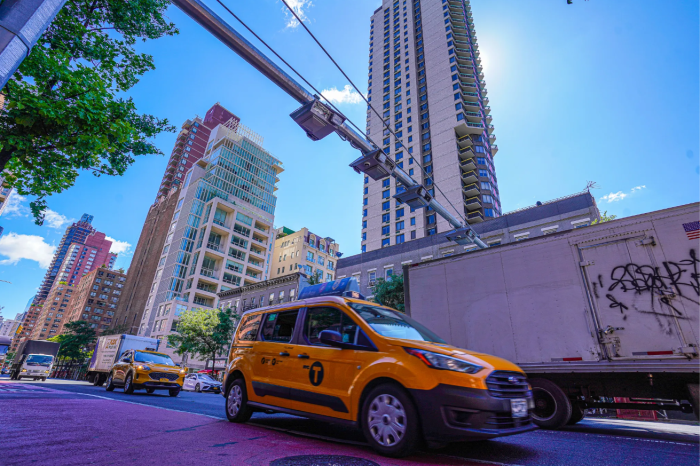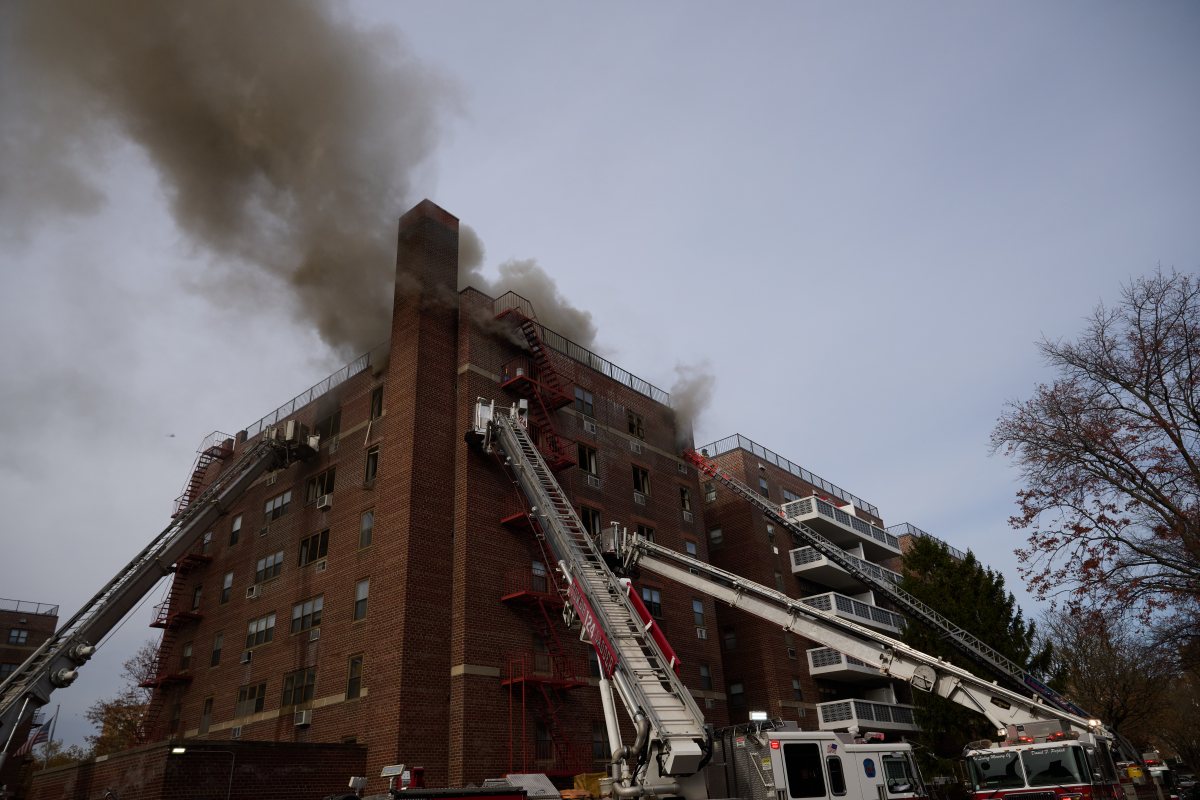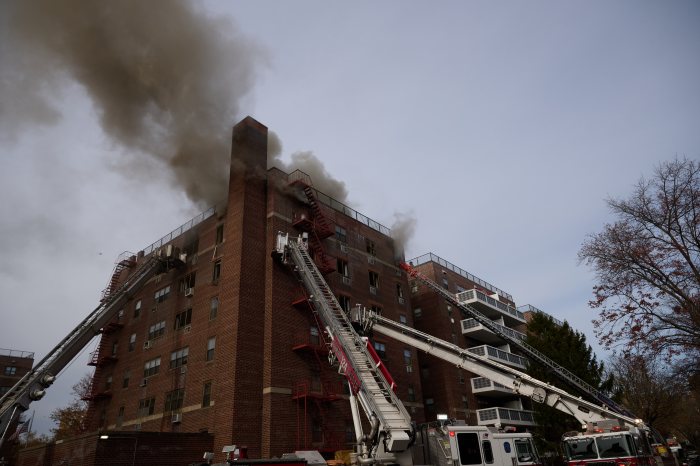Mayor Bill de Blasio has insisted that congestion pricing in New York City would be too burdensome on outer-borough car owners — though a new analysis suggests otherwise.
Just 4 percent of employed outer-borough residents (about 118,000) commute to jobs in Manhattan by vehicle, and only 2 percent of those who do (about 5,000) are considered to be poor, or living under the federal poverty limit, according to the analysis published Tuesday by the Community Service Society of New York.
“I think this is sort of a factual issue,” said David Jones, president and CEO of the society and an MTA board member. “We know people don’t like to have any kind of tolling on the Manhattan or East River bridges, but we did not see the regressive tax impact some people feared.”
The majority of outer-borough residents take mass transit to their jobs, with 31 percent going into Manhattan and another 25 percent to other areas of the city. Twenty-nine percent do drive, but to jobs in locations outside Manhattan, the Community Service Society found, assessing the most recent federal Census data.
The analysis attempts to cut through rhetoric between de Blasio and Gov. Andrew Cuomo, who are feuding over the policy. Cuomo said this summer he’s crafting a congestion pricing plan for the city as a means to cut traffic and raise funding for the beleaguered, state-run Metropolitan Transportation Authority. The plan is expected to be included in his next State of the State address in January.
De Blasio, meanwhile, has pitched to Albany a millionaires’ tax to fund the MTA while also providing half-fare MetroCards to low-income New Yorkers. On Sunday, the mayor issued a five-point traffic-cutting plan that includes limiting truck deliveries in congestion areas while also ramping up enforcement of moving violations that clog streets, such as blocking the box. He also took a swipe at congestion pricing.
“I have not seen a plan that I think is fair. There is no plan from Albany right now; let’s be 100 percent clear,” de Blasio said, criticizing recent congestion pricing proposals. “This is in many ways a regressive tax. Rich people will pay it without even knowing and poorer people and working class people will take a hit.”
Jones saw merit in the mayor’s plan to address delivery infractions, which he views as a source of city congestion.
“It’s not working for anybody here,” Jones said, on the current level of congestion. “No one can deny traffic has slowed to virtually a crawl in parts of midtown and other parts of Manhattan. Buses can’t get where they’re going. There’s been a drop in ridership, not because riders don’t like buses, but because they can’t get where they’re going in a timely fashion.”
Neither the mayor’s office nor the governor’s office responded to a request for comment.




































